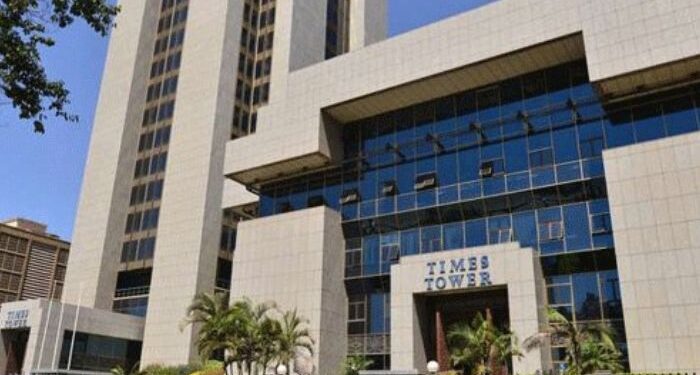Kenya’s Parliament has struck down a controversial proposal by the Kenya Revenue Authority (KRA) to allow unrestricted access to taxpayers’ personal and financial data with judicial oversight. This decision, made by the National Assembly Finance and Planning Committee, marks a significant triumph for those defending taxpayers’ rights and privacy.
The contentious proposal aimed to repeal a section of the Tax Procedures Act that protects customers from being compelled to share their personal information and trade secrets with court approval. If it had passed, KRA would have had unrestricted access to sensitive information from third parties such as banks, payment service providers, and telecommunication firms, including bank details, trade secrets, and mobile money transactions.
Lawmakers and various stakeholders, including audit firms, civil society organizations, and the Law Society of Kenya, vehemently opposed this proposal. They contended that the provision was unconstitutional, violated the right to privacy encapsulated in Article 31 of the Constitution, and undermined the Data Protection Act.
In its conclusion, the Finance Committee considered the provision as unnecessary and potentially unconditional. The Committee emphasizes that existing legal provisions already offer KRA an adequate mechanism to obtain necessary data through court-issued warrants.
Although KRA defended the proposal as vital for curbing evasion and enhancing tax compliance, lawmakers and privacy advocates emphasized the importance of balancing tax enforcement with data privacy and constitutional protection.
Read more: KRA waives Kshs 140 billion for millions of Kenyans




